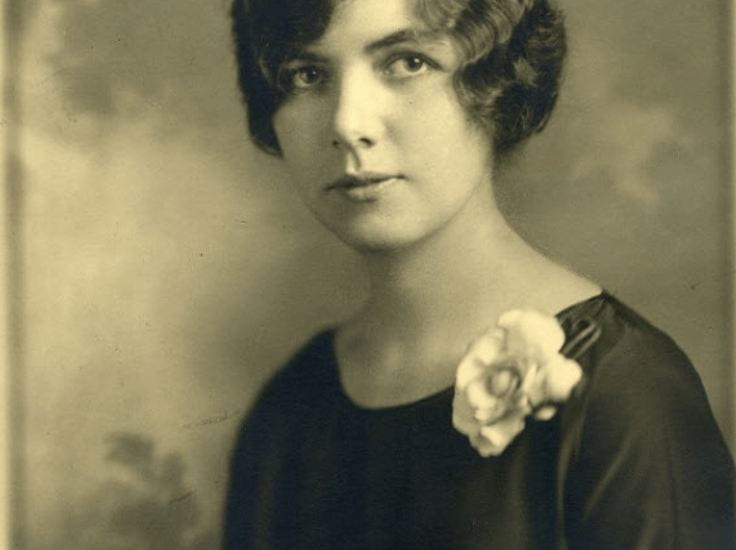Abstract
In the first part of her 1987 interview, Martha Alice Ingham Dickie discusses her family background, her life at Brown, and her social work during her time at Northwestern. Also in tracks 1 and 2, Dickie reflects on meeting her husband, Waitstill Sharp, and starting a family and ministry together while taking classes at Radcliffe at Harvard. She also discusses her work with the International Association of Religious Liberals, and how she and her husband came to the decision to go to Czechoslovakia in 1939 – during the onset of Nazi occupation – as the first Americans to join the relief effort there. In tracks 3 and 4, Dickie elaborates on her first trip to Czechoslovakia, contemplating the tension and anxiety that underlay all of her cultural and diplomatic experiences before the Nazis occupied Czechoslovakia on March 15, 1939. Also in track 4, she begins to tell stories of the occupation, and bringing the refugees in the greatest danger to safety. In tracks 5 and 6, Dickie describes the escalating conflict and increasing difficulties of the relief workers. She recounts being followed by the Gestapo, and finally escaping only a day before she was to be arrested by the Nazis. She then briefly discusses returning home to her household and children before going back to Europe, this time to the relief effort in France.
In tracks 7 and 8, Dickie elaborates on her work for the relief in France and the frightful conditions in Spain and France in 1940. In track 9, She reflects on returning home before Christmas in 1940, re-entering the world of being a minister’s wife and mother before soon resuming her work with social welfare programs. She began speaking at meetings all over the U.S. to raise money for refugee aid in Europe, and traveling to Palestine and then Israel during the summers to help the Youth Aliyah program, raising money from both gentiles and Jews to help save refugee children. In 1945 she also returned to Lisbon to organize escape routes for Spanish refugees who were in prison in Portugal. Also in Track 9, Dickie discusses her political career. In 1950 she became the special advisor in the National Security Resources Board in the Office of the President under Truman, also working in the Department of Defense to create a special advisory committee of women for women’s services. Throughout these many stories of her life, Dickie elucidates the distant struggle for relief during and after WWII. She humanizes refugees while speaking of beauty in the midst of destruction, strength and perseverance under awful circumstances, and the cooperative effort of the relief workers. In these stories, she ultimately illuminates her own endless dedication to humanity and freedom.
See also: An additional interview with Martha Alice Ingham Dickie, class of 1926 (interview 1 of 2).
Part 1
Part 2
Part 3
Part 4
Part 5
Part 6
Part 7
Part 8
Part 9
Part 10
Recorded on September 29, 1987, Providence, RI
Interviewed by Barbara Anton
Suggested Chicago style citation: Dickie, Martha Alice Ingham. Interview. By Barbara Anton. Pembroke Center Oral History Project, Brown University. September 29, 1987.
Biography
Martha Alice Ingham Dickie was born in Providence on April 25, 1905. She was brought up by her aunt and uncle, the Dickies, in a very religious family that belonged to the First Baptist Church in Providence. After attending Hope Street High School, she received a scholarship to Pembroke, where she specialized in languages and fine art. Upon her graduation from Pembroke College in 1926, she attended Northwestern University in Chicago at the Hull House, studying to become a social worker. Dickie married Waitstill Hastings Sharp in 1928, and returned to Boston with her husband where she pursued her third degree at Radcliffe in comparative literature. She had two children. In 1939, Dickie and her husband left their life in Massachusetts to work for the relief effort in Czechoslovakia and France during World War II. She remained dedicated to saving refugees under Nazi occupation, successfully bringing hundreds of people to safety and providing thousands of others with food and relief in the period between 1939 and 1945.
